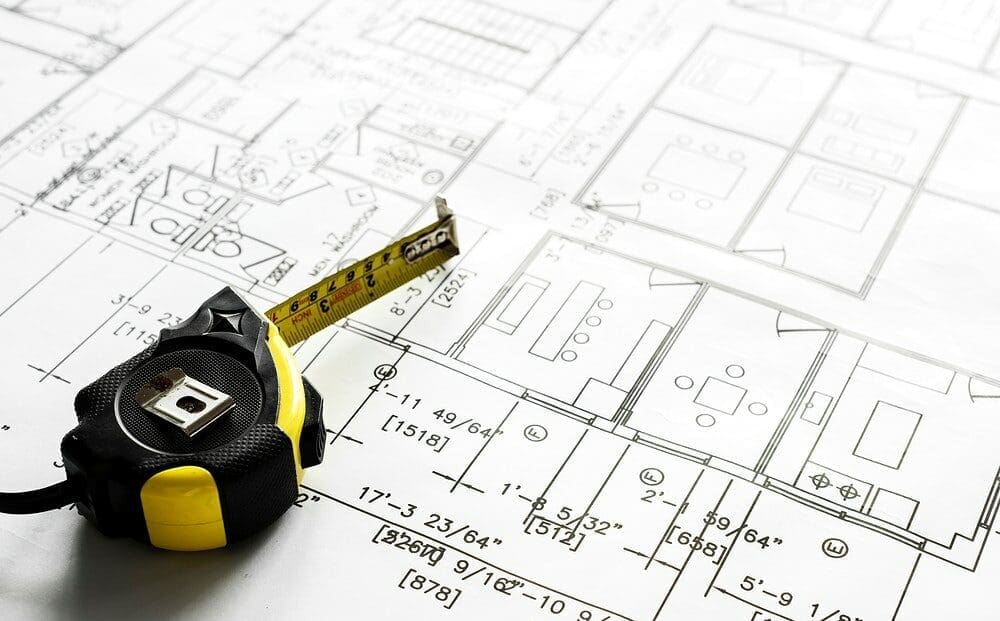
Why is door testing so important?
- News
- 22 September 2023
A product that looks good and performs well isn’t enough – testing needs to take place to ensure it meets all the required regulations. But why is this so important, and how do we do it at Robust?
We all know the saying ‘you get what you pay for.’ In fact, many of us in business will have found that out the hard way, when we’ve had to pay to repair or replace a product that ‘should’ have worked properly the first time around.
The bottom line is that a cheaper price doesn’t always mean you’re getting the best deal.
At Robust, our products are competitively priced, but reflect the quality of the products we provide. We may not always be the cheapest on the market, but we are certainly one of the best – in other words, you get what you pay for.
We invest heavily every year in third-party testing and certification, which helps to ensure that our doors meet all of the required fire, security, thermal performance and acoustics regulations.
For example, in recent tests, Robust door sets achieved:
- A Class 4A rating for watertightness to EN 1027.
- A Class 3A rating for Air Permeability to EN 1026.
- A Class 5C rating for Wind-load Resistance to EN 12211.
But what does this mean in practice?
It means that when a Robust UK door is exposed to the elements, customers can be rest assured that it’s fully compliant and will stand the test of time.
However, over the years we have been in business we’ve seen loopholes exploited to navigate around meeting compliance standards. This means that in some cases the standard regulations are potentially not being met.
Whilst these door sets may be cheaper, their non-compliance could have disastrous and even potentially lethal consequences.
Think about it like this – if, for example, the fire doors fitted on your project aren’t compliant and a blaze rips through the building, lives could ultimately be lost, and you could potentially face prosecution.
Another potential scenario is the doors fitted in housing association not being as secure as they’re supposed to be, leaving residents vulnerable.
Jamie Parkinson, Robust’s R&D Manager says“Steel doors are a form of “passive” fire protection – this means they operate to protect against fire without any intervention if they are installed and used correctly. Although steel fire doors are a “passive” solution they perform dynamically in the event of fire.
As steel is heated it naturally expands. Steel door designers use this effect to their advantage! In the event of fire, the door will “grow” and the gaps which would allow it to open and close under normal use will shrink and disappear, locking the door into the frame creating a sealed unit.
Robust doors are subject to extensive full scale fire testing is used to prove door designs as well as the techniques used to install them correctly. Tests are conducted in accordance with harmonised European standard EN16034. This ensures each fire test is carried out under carefully predetermined conditions ensuring full compliance.”
Get in Touch
To find out more about the tests we carry out or learn more about the compliance regulations you’re facing, please don’t hesitate to contact one of our team.
Call 01782 592900 or email: [email protected]
Contact Us

